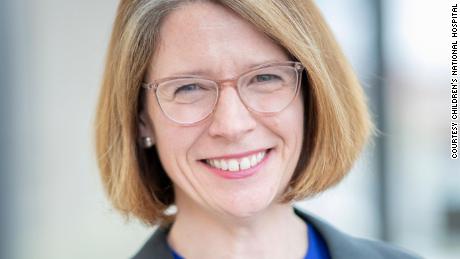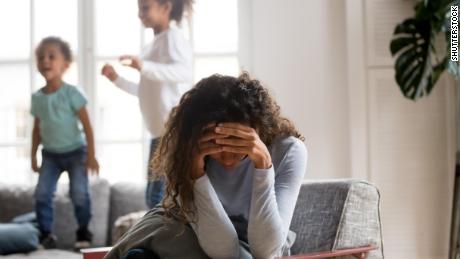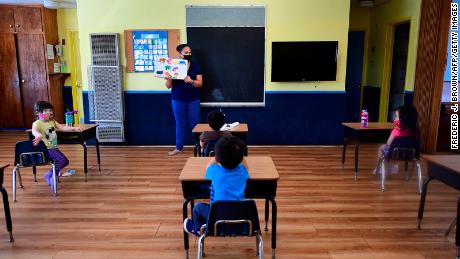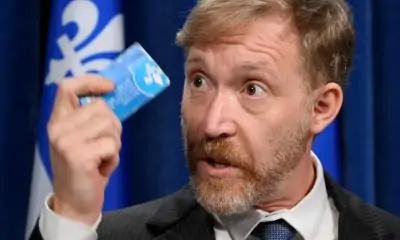MONTREAL – NDP Leader Jagmeet Singh says he will not be taking advice from Pierre Poilievre after the Conservative leader challenged him to bring down government.
“I say directly to Pierre Poilievre: I’m not going to listen to you,” said Singh on Wednesday, accusing Poilievre of wanting to take away dental-care coverage from Canadians, among other things.
“I’m not going to listen to your advice. You want to destroy people’s lives, I want to build up a brighter future.”
Earlier in the day, Poilievre challenged Singh to commit to voting non-confidence in the government, saying his party will force a vote in the House of Commons “at the earliest possibly opportunity.”
“I’m asking Jagmeet Singh and the NDP to commit unequivocally before Monday’s byelections: will they vote non-confidence to bring down the costly coalition and trigger a carbon tax election, or will Jagmeet Singh sell out Canadians again?” Poilievre said.
“It’s put up or shut up time for the NDP.”
While Singh rejected the idea he would ever listen to Poilievre, he did not say how the NDP would vote on a non-confidence motion.
“I’ve said on any vote, we’re going to look at the vote and we’ll make our decision. I’m not going to say our decision ahead of time,” he said.
Singh’s top adviser said on Tuesday the NDP leader is not particularly eager to trigger an election, even as the Conservatives challenge him to do just that.
Anne McGrath, Singh’s principal secretary, says there will be more volatility in Parliament and the odds of an early election have risen.
“I don’t think he is anxious to launch one, or chomping at the bit to have one, but it can happen,” she said in an interview.
New Democrat MPs are in a second day of meetings in Montreal as they nail down a plan for how to navigate the minority Parliament this fall.
The caucus retreat comes one week after Singh announced the party has left the supply-and-confidence agreement with the governing Liberals.
It’s also taking place in the very city where New Democrats are hoping to pick up a seat on Monday, when voters go to the polls in Montreal’s LaSalle—Émard—Verdun. A second byelection is being held that day in the Winnipeg riding of Elmwood—Transcona, where the NDP is hoping to hold onto a seat the Conservatives are also vying for.
While New Democrats are seeking to distance themselves from the Liberals, they don’t appear ready to trigger a general election.
Singh signalled on Tuesday that he will have more to say Wednesday about the party’s strategy for the upcoming sitting.
He is hoping to convince Canadians that his party can defeat the federal Conservatives, who have been riding high in the polls over the last year.
Singh has attacked Poilievre as someone who would bring back Harper-style cuts to programs that Canadians rely on, including the national dental-care program that was part of the supply-and-confidence agreement.
The Canadian Press has asked Poilievre’s office whether the Conservative leader intends to keep the program in place, if he forms government after the next election.
With the return of Parliament just days away, the NDP is also keeping in mind how other parties will look to capitalize on the new makeup of the House of Commons.
The Bloc Québécois has already indicated that it’s written up a list of demands for the Liberals in exchange for support on votes.
The next federal election must take place by October 2025 at the latest.
This report by The Canadian Press was first published Sept. 11, 2024.




































